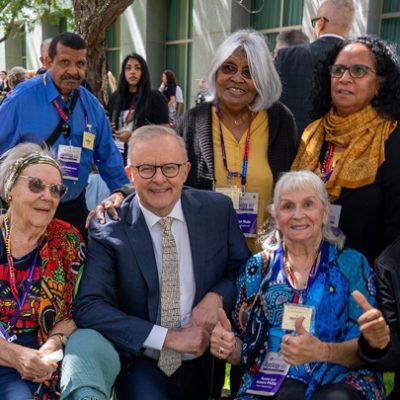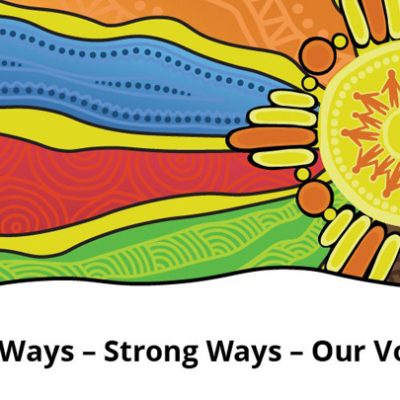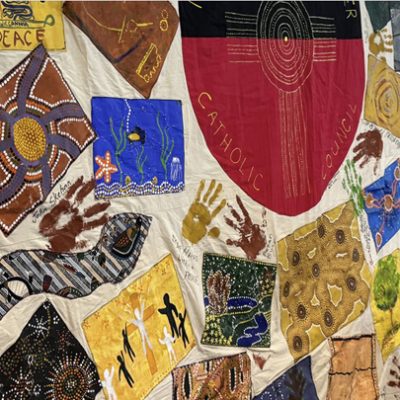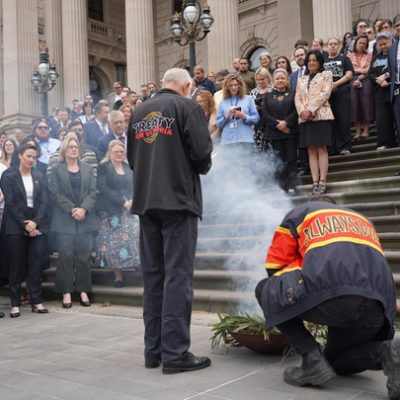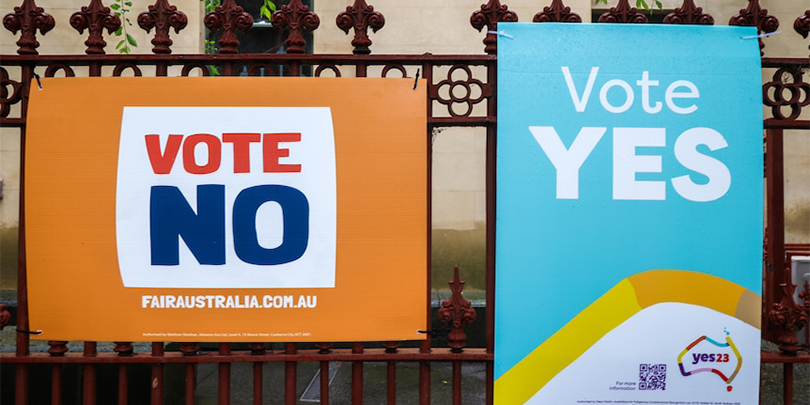
A large majority of voters still back Indigenous constitutional recognition and giving First Nations Australians a say in developing policies that affect them, even after the resounding defeat of the Voice to Parliament, according to a new survey. Source: The Guardian.
Prime Minister Anthony Albanese was cagey on Monday when asked in Parliament whether the Labor Government remained committed to truth and treaty processes, after the referendum was unsuccessful in every state.
But a survey of 4200 voters by the Australian National University found more than 80 per cent of Australians back formal truth-telling processes.
“Our findings suggest [the issue was] not [so] much the premise of recognition but the model that was being presented to voters at the referendum, among other key factors,” Professor Nicholas Biddle, a co-author of the study, said.
The ANU Centre for Social Research and Methods will today release the results of the survey, entitled Explaining voting in the 2023 Australian Referendum, which it has billed as the largest and most comprehensive survey on the October referendum. The vote to establish an Aboriginal and Torres Strait Islander Voice to Parliament and the executive was defeated 60.06 per cent to 39.94 per cent nationally and failed to register a majority in any state.
The ANU survey, a nationally representative sample of voters Australia-wide, found 87 per cent thought Indigenous Australians should have a voice or say over matters that affect them. Among those who voted No in the referendum, 76 per cent thought Aboriginal and Torres Strait Islanders deserved a voice on key policies and decisions.
ANU said 61.7 per cent of voters said they would “definitely or probably would have voted Yes if there was a referendum on recognition”. Just 12.5 per cent said they would have voted No.
FULL STORY
Voters still back giving Indigenous Australians a say in policy that affects them despite voice result: survey (Josh Butler, The Guardian)
RELATED COVERAGE
ANU study of 4200 Australians finds voters rejected voice model, not constitutional recognition (The Australian)



